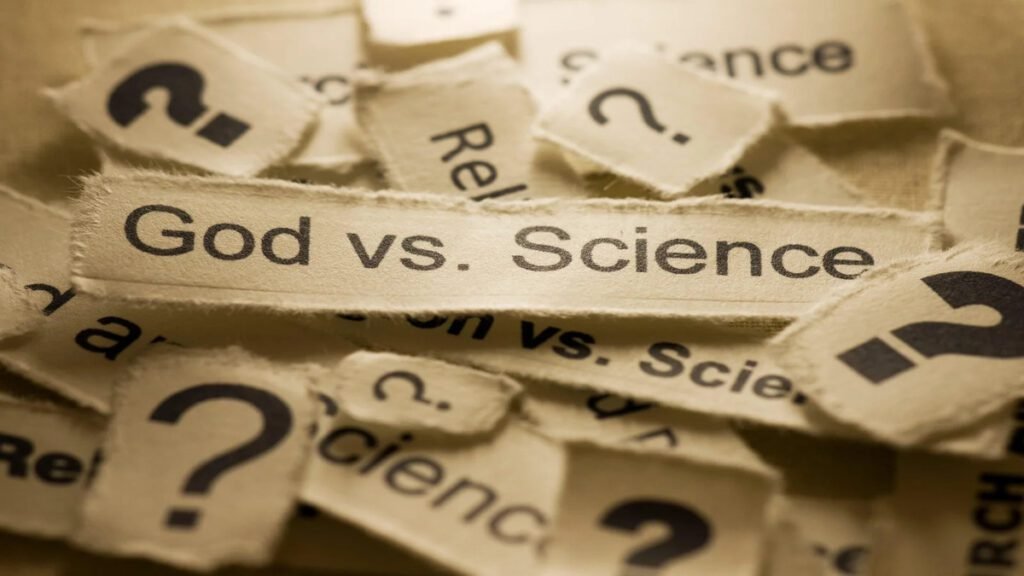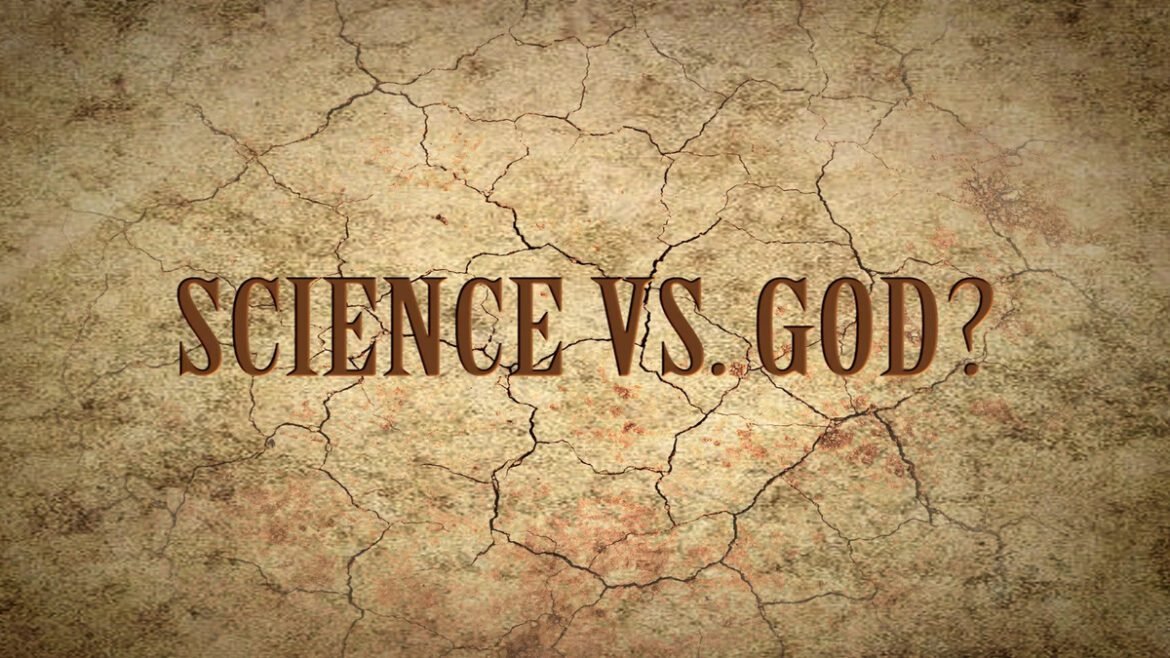Science and faith are often framed as opposites locked in a battle for truth. Some argue that the rise of science makes belief in God unnecessary, while others see science as a testament to God’s creative genius. But what’s the reality? Can science and faith coexist, or does one render the other obsolete? Let’s dive into this age-old debate and uncover the harmony between them.
Misconceptions About Faith and Science
One reason this debate persists is because of common misconceptions about faith and science. Let’s tackle a few head-on:
- “Science has disproven miracles.”
Science studies natural laws, but miracles are by definition supernatural—they occur when God temporarily suspends or overrides these laws. Take Jesus’ resurrection, central to Christianity (1 Corinthians 15:3-8). Science can’t explain it, but that doesn’t mean it didn’t happen. Miracles are acts of God, pointing beyond nature to His power and purposes. - “Faith is anti-scientific.”
Some assume faith discourages critical thinking or curiosity, but history proves otherwise. Many pioneering scientists, including Isaac Newton and Johannes Kepler, were deeply religious. Their faith motivated their discoveries as they sought to “think God’s thoughts after Him.” - “Belief in God discourages scientific progress.”
On the contrary, Christian belief often inspires scientific exploration. Modern scientists like Francis Collins, leader of the Human Genome Project, view their work as uncovering the intricate design of the Creator. Faith and science are not enemies—they’re allies in the search for truth.
Evidence of God in Science: Creation Speaks
The Big Bang: A Beginning That Points to a Creator
For centuries, atheists believed the universe was eternal, eliminating the need for a Creator. But the Big Bang theory shattered that view, showing the universe had a beginning—a fact consistent with Genesis 1:1: “In the beginning, God created the heavens and the earth.”
The question remains: What caused the Big Bang? It points to a force outside time, space, and matter—a description that aligns with the God of the Bible. Even agnostic astrophysicist Robert Jastrow admitted:
“The scientist who has lived by his faith in reason is greeted by theologians who have been sitting there for centuries.”
The Fine-Tuning of the Universe
Scientists have discovered that physical constants—such as gravity, the speed of light, and the strength of electromagnetic forces—are astonishingly fine-tuned to support life. Change any one of them slightly, and the universe would collapse or become uninhabitable.
The odds of this precision occurring by chance are astronomically low, suggesting intentional design. As the psalmist declares:
“The heavens declare the glory of God; the skies proclaim the work of His hands.” (Psalm 19:1)
Christian Scientists: A Legacy of Faith and Inquiry
Throughout history, many scientists have combined faith and reason:
- Isaac Newton (1643–1727): Known for his laws of motion and gravity, Newton viewed science as a way to glorify God.
- Francis Collins (b. 1950): An award-winning geneticist, Collins describes DNA as “the language of God” in his book of the same name.
- Johannes Kepler (1571–1630): A devout Christian, Kepler’s discoveries in planetary motion were inspired by his belief in a God of order.
Their contributions remind us that faith in God fuels, rather than hinders, scientific progress.
Reconciling Miracles and Science
Some wonder how Christians reconcile belief in miracles with a scientific worldview. The key lies in understanding that science explains the natural world, while miracles point to the supernatural.
For example, Jesus walking on water (Matthew 14:25) or turning water into wine (John 2:1-11) doesn’t negate science—it shows that God, as the Creator of natural laws, can operate beyond them. Faith acknowledges that both the natural and supernatural are under God’s sovereign control.
Why Science Can’t Fully Explain Reality
Science answers “how” questions—how cells divide, how stars form—but struggles with “why.” Why does the universe exist? Why do humans long for purpose, love, and justice?
Atheists like Richard Dawkins claim these are just evolutionary byproducts. But this perspective feels inadequate. As Ecclesiastes 3:11 states:
“He has also set eternity in the human heart.”
This longing for meaning reflects the image of a Creator who designed us for relationship with Him.

Practical Ways to Harmonize Faith and Science
How can Christians embrace both science and faith in daily life? Here are a few suggestions:
- Explore God’s creation: Engage with nature, astronomy, or biology as a form of worship.
- Read faith-science resources: Books like The Language of God by Francis Collins or God’s Undertaker by John Lennox can deepen your understanding.
- Defend your faith: Study Christian apologetics to respond thoughtfully to questions about science and God.
Conclusion: Partners in Truth
Science and faith aren’t adversaries—they’re partners in truth. Science reveals the intricacies of God’s creation, while faith answers the deeper questions of purpose and meaning.
Far from disproving God, science points to the grandeur of a Creator who invites us to explore, wonder, and worship. As the psalmist writes:
“Great are the works of the Lord; they are pondered by all who delight in them.” (Psalm 111:2)
So, does science disprove God? No. It illuminates His handiwork, inviting us to see His fingerprints in the fabric of the universe.
What about you? Do you see science and faith as friends or foes? Let’s continue the conversation in the comments!



